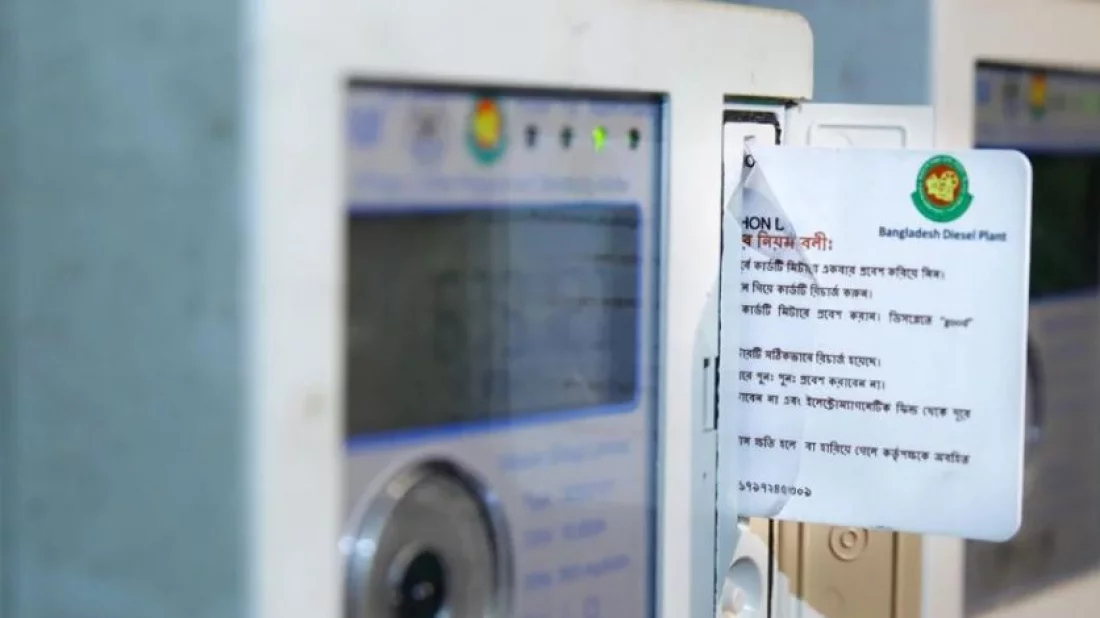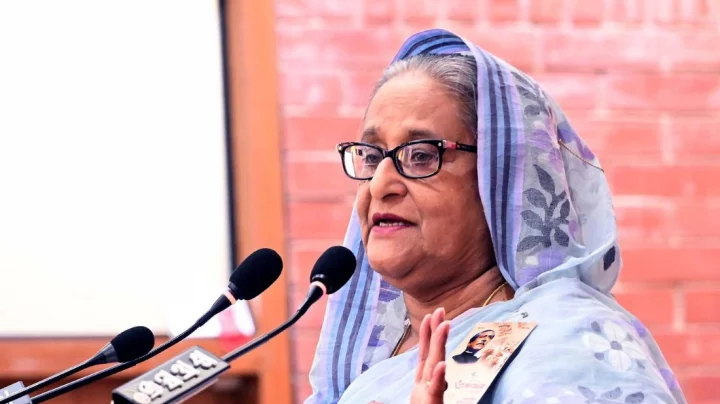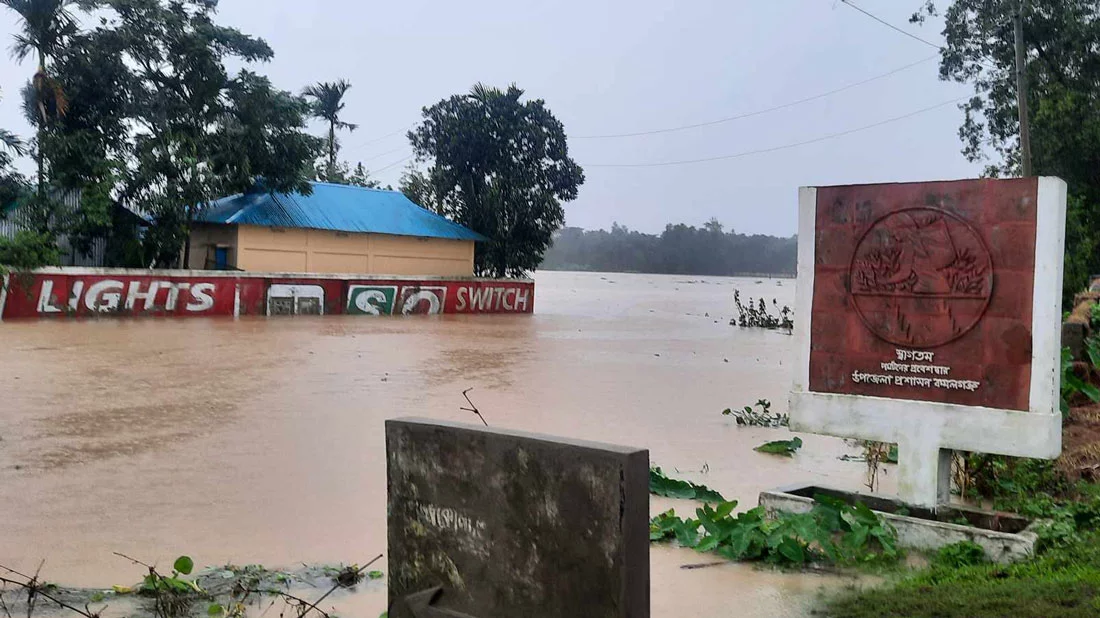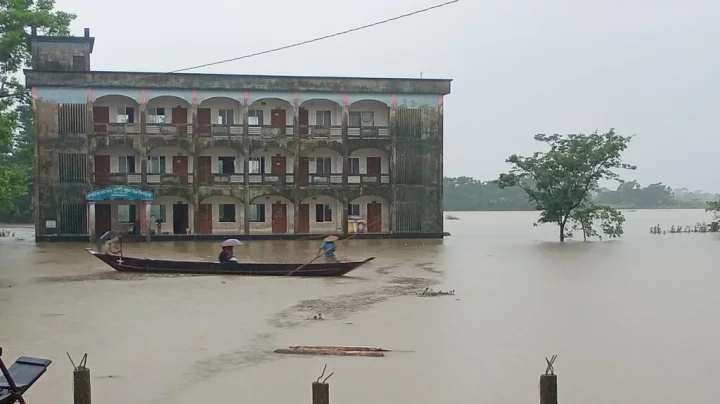
Despite countless complaints over the years, the Power Division has yet to provide any significant solutions to problems customers continue to face with prepaid electricity meters, including excessive bills.
Experts say these problems have persisted for a long time, with intentional negligence by the authorities to exploit financial gains under the guise of revenue collection.
In line with a High Court directive, the Ministry of Power, Energy and Mineral Resources has formed an investigation committee to look into these issues.
On Wednesday, sources from the ministry's Power Division revealed that on June 10, a five-member probe committee was formed to address customer complaints about prepaid meters.
The committee inspected several areas, including Banasree in the capital, on Wednesday. However, no information was available on the progress of the probe, the submission of reports or the veracity of the allegations.
Litany of complaints
Meanwhile, around a dozen people using prepaid meters in the capital told Dhaka Tribune that electricity bills had become exorbitant in recent months.
They said that compared to the same period last year, the bills had doubled despite use of the same amount of electricity.
Additionally, these consumers complained about multiple unreasonable charges connected to the meters, with no messages or accountability on where these charges were being applied.
Nazmul Hasan, a resident of Salimullah Road, Mohammadpur, said he had recharged Tk600 before leaving for his hometown for Eid-ul-Azha, expecting only the refrigerator and water pump to run.
“Upon checking the meter today (Wednesday), I found only Tk100 remaining.”
He said that last year, this amount would have sufficed for an entire month when he had a postpaid meter.
It was not that only the bills were higher, Nazmul said, adding that there were also arbitrary deductions on the pretext of various charges such as demand charges and service charges.
Raju Ahmed, who lives near Asad Gate, said although he used a prepaid meter, the lack of proper user guidelines, charges and prior notification of balance depletion caused many inconveniences.
He said he often found himself in a bind, not knowing when and why money was being deducted or when the balance would run out, causing anxiety about the electricity supply being cut off.
Customer complaints reveal that the balance on prepaid meters can run out at any time. To address this, an emergency balance system allows a Tk200 recharge, but customers have to pay Tk50 taka extra on this emergency balance when recharging.
This is despite a notification issued by the ministry in February saying no additional money should be charged on the emergency balance of prepaid meters.
Moreover, if a meter is unlocked due to a technical fault, electricity distribution companies are not allowed to charge any fee to unlock it. Yet, six power distribution companies across the country place the responsibility on the consumers, requiring payment of Tk1,600 to the local power office to unlock the meter. If a meter is damaged or struck by lightning, customers have to pay Tk6,000-7,000 for a new one.
Russell, a businessman in Arambagh, Motijheel, said both his home and office had prepaid meters.
Before Eid, the meter at his home was damaged by lightning. Despite multiple phone calls, he could not get anyone to fix it and eventually had to buy a new meter. He had previously faced trouble unlocking the meter due to a mistakenly entered digit.
This is a common issue among most prepaid meter users.
Another businessman, Lutfar Rahman, suggested that it would be helpful if notifications about deductions or low balances were sent via text messages.
According to the Bangladesh Energy Regulatory Commission (BERC) guidelines, customers are required to pay a Tk30 demand charge, a 5% late fee on the total bill and a 15% value-added tax (VAT). Without BERC approval, distribution companies are not authorized to impose any additional charges on electricity usage. However, the six distribution companies are illegally charging customers money under various categories.
Expert opinion and statement from authorities
Prof M Shamsul Alam, vice president of the Consumers Association of Bangladesh (CAB), said charging rent for meters and additional charges from customers was unfair and illegal.
“Customers have been complaining about these issues for a long time, but senior officials of the Power Division department have not taken any initiative. They are unfairly and unjustifiably collecting extra bills from customers.
“If the use of prepaid meters increases, they will continue to impose these additional charges, affecting all consumers," he added.
QM Shafiqul Islam, executive director (operations) of Dhaka Power Distribution Company Limited (DPDC), said a ministry-formed committee was already conducting an investigation. “We will disclose our findings and the investigation results through the committee. Therefore, we do not wish to comment further at this moment."
Previously, Md Habibur Rahman, senior secretary of the Power Division, told Dhaka Tribune: "These complaints about extra charges on prepaid meters are not entirely true. We have investigated these complaints before and found no truth. However, if there are further complaints about additional charges, we will examine whether there is any issue with the meters."
“Consumers believe that if they used to get a certain bill for 200 units, it should be three times higher for 600 units. But that is not the case, because the bill for the first 50 units is lower and gradually increases beyond 50 units."
Regarding the additional charges on prepaid meters, Habibur said: "A meter costs Tk6,000-7,000. We do not charge customers for it, nor do we charge for repairs if a meter is damaged. Instead, a monthly fee of Tk40 is deducted as a meter charge over ten years, but customers do not understand this and think they are being charged extra. We will respond to the legal notice we received accordingly."
Notably, during the Covid-19 pandemic, there were complaints of "ghost (abnormal) electricity bills,” and the authorities found these allegations against all distribution companies to be true.











